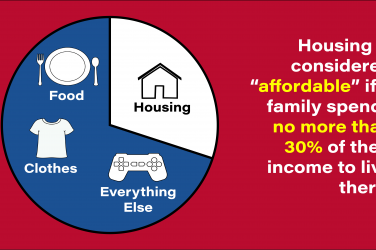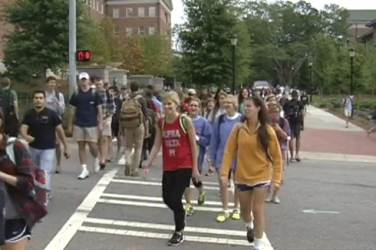Unemployment initial claims have greatly risen in the state of Georgia since the arrival of the novel coronavirus pandemic.
In the United States, numbers of unemployment claims are reaching historical highs. The U.S. Department of Labor reports the number of unemployment initial claims being filed are marking “the highest level of seasonally adjusted initial claims in the history of the seasonally adjusted series.”
Georgia’s unemployment initial claims have noticeably risen since the week of March 7. Within a month, the numbers exponentially grew—over 88 times.
At the end of the week of March 28, the state of Georgia said layoffs were “in the accommodation and food services, health care and social assistance, professional, scientific and technical services, administrative, support, waste management, and remediation services, and retail trade industries.” There was no mention of COVID-19.
At the end of the week of April 4, Georgia was the fifth-highest state of having unemployment claims filed. The state had no comment.
“I have no crystal ball—only hope,” says David Bradley, president of the Athens Area Chamber of Commerce. Bradley was interviewed via email.
Local representatives are keeping an eye on their economies and how they are being affected by the pandemic.
Bradley says the economy in Athens and how it’s being affected is a bit more complex than other communities due to the reliance on the university and tourism, and because “university communities are typically less impacted by natural disasters and economic fluctuations.”
With the governor’s shelter-in-place order now extended until April 30, the fate of local economies is becoming more unknown. Bradley says he believes Athens-Clarke County might rebound quicker than other communities in the state.
The question, though, is will we have the courage/patience to continue until the threat has subsided and how long will that be,” says Bradley.
Bradley also mentioned the federal government’s response to the pandemic and how it is affecting local businesses. He says the Payroll Protection Program and Stimulus package are keeping money flowing—which is different from most recessionary periods.
“I think and hope that will help expedite our recovery,” says Bradley.
Many students who have decided to stay in Athens for the remainder of the spring semester will choose to move back to their hometowns for the summer season, thus decreasing the current amount of consumers for Athens businesses. However, Bradley believes the local economy will get adjusted during the summertime.
“Summer months for most retailers in Athens are months in which you just hold on until school starts up, so we won’t ramp up to the employment prior to COVID-19 for some time,” says Bradley.
With numbers of positive cases of COVID-19 still rising in Athens-Clarke County and other areas around the state and country, it is difficult for experts to tell the current stage of the pandemic.
“What to expect in Athens is a hard, hard question,” Bradley says. “None of us has been here before, so we can only hope!”
Jenna Maddox is a junior majoring in journalism in the Grady College of Journalism and Mass Communication at the University of Georgia.









Show Comments (0)